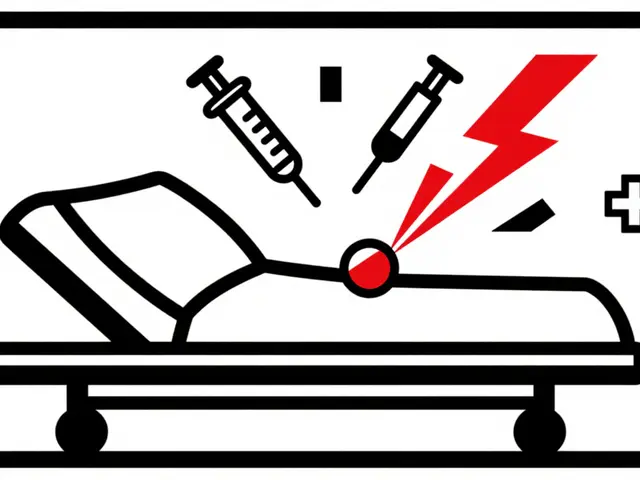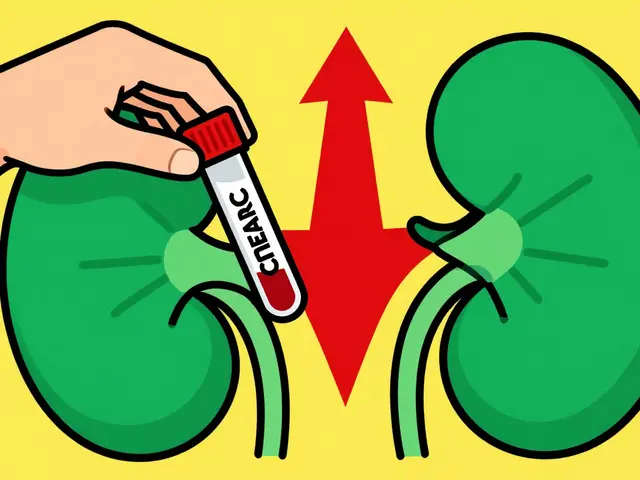Managing Symptoms: Simple Tips for Everyday Relief
Feeling off? Whether it’s a stubborn headache, itchy skin, or that weird stomach churn, most of us have been there. The good news is you don’t need a PhD to start feeling better. Below are down‑to‑earth steps anyone can try right now.
Know What You’re Dealing With
The first move is to pin down the symptom. Write down when it started, how long it lasts, and anything that seems to trigger it. A quick notebook entry or a note on your phone can turn vague discomfort into useful data. This habit helps you spot patterns – maybe that cough flares up after coffee, or joint pain eases with movement.
Don’t ignore the context. Are you stressed, sleeping poorly, or starting a new medication? Many side effects masquerade as “new symptoms.” A brief chat with your pharmacist can confirm if what you’re feeling is normal for that drug.
Simple Lifestyle Tweaks That Actually Work
Hydration is the unsung hero. Dehydration often shows up as fatigue, headaches, or dry skin. Aim for at least eight glasses a day and watch how quickly some symptoms mellow.
Move a little. Light stretching or a short walk can boost circulation, reduce muscle tightness, and even calm anxiety‑related tremors. You don’t need a marathon – five minutes of gentle motion can shift the way you feel.
Food matters too. If you notice bloating after dairy, try a few days without it and see if things settle. Simple elimination experiments help you identify food‑related triggers without costly testing.
Sleep hygiene is another game‑changer. Keep your bedroom dark, limit screens an hour before bed, and stick to a regular bedtime. Better rest often smooths out irritability, brain fog, and even skin flare‑ups.
When Over‑the‑Counter Helps
For occasional aches, an ibuprofen or acetaminophen can be fine – just follow the label and avoid mixing with alcohol. Antihistamines like loratadine work well for sneezing or watery eyes, especially if you know pollen is to blame.
If you’re dealing with mild heartburn, antacids or a short course of famotidine may give quick relief. Again, keep an eye on dosage and duration; long‑term use can mask deeper issues.
Know When to Call the Doctor
Any symptom that worsens despite home measures, lasts more than a couple of weeks, or comes with fever, severe pain, or sudden weight loss needs professional attention. Trust your gut – if something feels off, it probably is.
When you do see a doctor, bring your symptom log. It speeds up the diagnostic process and shows you’re proactive about your health.
Managing symptoms isn’t about magic cures; it’s about paying attention, making small adjustments, and knowing when to get expert help. Start with one habit today – maybe that water bottle on your desk – and watch how quickly the everyday annoyances start to fade.






